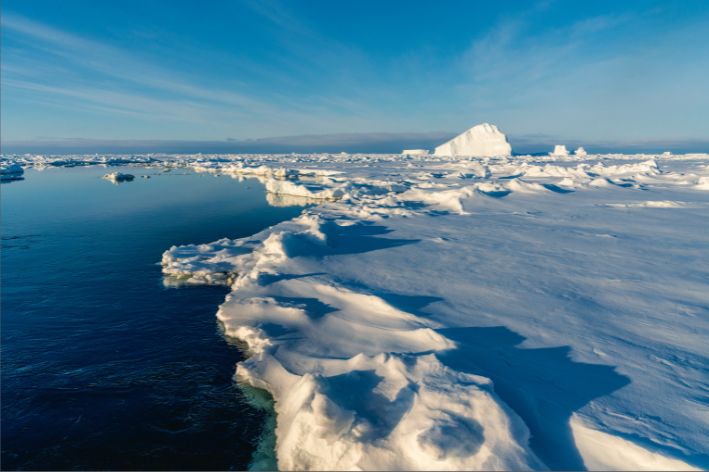The EU’s latest policy strategy for the Arctic was published in October 2021, presenting a comprehensive response to the region’s rapidly evolving challenges. The strategy aimed to preserve the Arctic as a zone of peaceful cooperation, mitigate climate change impacts, and foster sustainable development for the benefit of Arctic communities. Additionally, its implementation was designed to support the EU in achieving the goals of the EU Green Deal while advancing its geopolitical interests. Since then, the challenges have continued to grow.
At its 593rd plenary session, held on 22 January 2025, the European Economic and Social Committee (EESC) adopted an own-initiative opinion on Developing Europe’s strategy for the Arctic in dialogue with civil society.
The EESC opinion highlights best practices and mechanisms to enhance consultation and empowerment of all sectors of civil society in the Arctic. It calls on decision-makers to rigorously enforce legal obligations and adopt best practices to involve all segments of local civil society, including indigenous peoples, in decisions affecting them. Such participation strengthens the quality and legitimacy of decisions with significant regional impact.
The EESC notes that the new institutional cycle provides an opportunity to take stock of EU’s Arctic policy by evaluating stakeholders’ perception of it. This systematic stocktaking exercise should build on input from diverse civil society representatives and determine whether funding and programmes align with the EU’s strategic objectives in the Arctic.
An updated policy would enable the EU to play a stronger role in promoting a resilient and prosperous Arctic while advancing Europe’s strategic green transition, security interests, and commitment to human rights.
The Committee stresses that investments and projects must benefit local communities and it should be ensured that all parts of these communities, including indigenous peoples, youth, and women, have the resources to participate in the decision-making.
It highlights the urgent need to streamline permitting processes for renewable energy and raw materials projects critical to green transition. These processes should be more efficient without compromising environmental or socio-economic scrutiny.
The EESC recommends stepping up EU cooperation with Greenland to diversify access to critical minerals and foster a partnership rooted in democracy, rule of law, and human rights. It urges prioritising this cooperation in upcoming MFF negotiations.
Good news that the EU Youth Test at the EESC was applied to this opinion: the Finnish Youth Council Allianssi was chosen by a group of interested youth organisations to represent all of them during the opinion-making process.
The EESC opinion available in all official EU languages.
